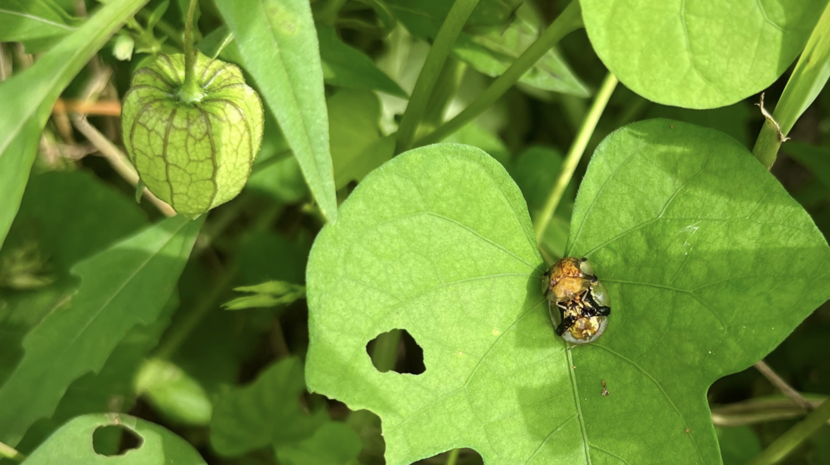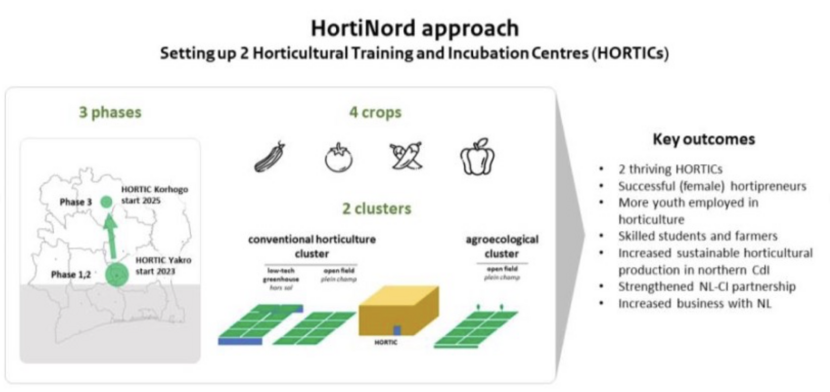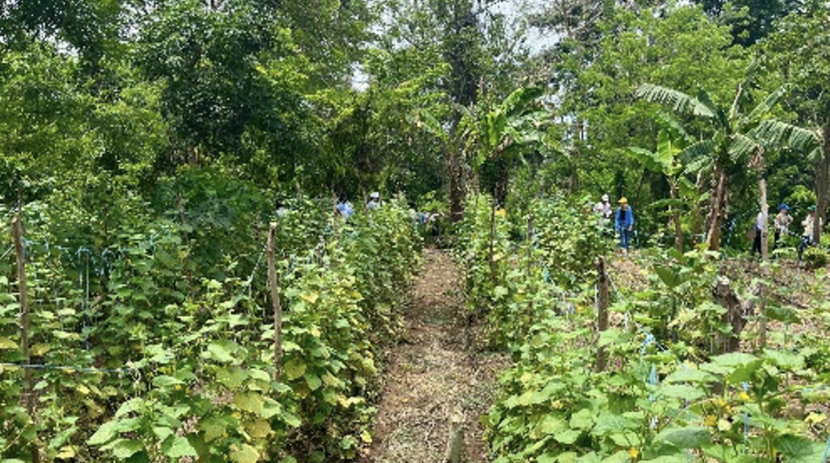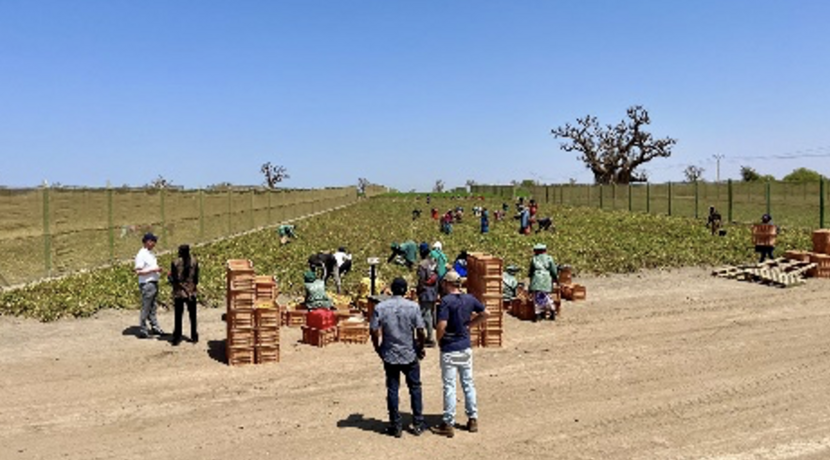Leapfrogging towards agroecological horticulture in Côte d’Ivoire and Senegal
Il faut reculer pour mieux sauter is a French saying: you must step back to jump further. This uniquely applies to the sustainability transition of horticulture in Côte d’Ivoire and Senegal, in West Africa. With the support of experienced Dutch partners such as Koppert (biological control solutions) and Wageningen University (WUR), Côte d’Ivoire and Senegal hope to change that. They see the lack of development as an opportunity to make great strides towards sustainable vegetable production and horticultural sector.

Leapfrogging is indeed what countries like Côte d’Ivoire and Senegal are in dire need of. Currently, horticulture in these countries – a sector that is dominated by smallholder farmers – is characterized by overuse and misuse of chemical inputs that have a detrimental impact on the health of farmers and their families, on agricultural soil and on the quality of their produce. At the same time, there is a strong drive amongst Ivorians and Senegalese to become self-sufficient and resilient to external shocks.
Both countries are looking for sustainable horticultural innovations and agroecological solutions, in particular. In Senegal, for instance, agroecology is a key element in public policies related to sustainable food sovereignty.
‘Programs like the combi-tracks allow the Dutch to export knowledge and technologies and learn how to improve agroecological production back home’
HortiNord: boosting agroecology in Côte d’Ivoire
Over the past couple of years, the Netherlands has supported the training of young Ivorians through an impact cluster project called HortIvoire. Students and other people, young or young in mind, have been trained in good horticultural practices, with a focus on soilless (hors-sol) greenhouse technologies. HortIvoire is a collaboration between Dutch business partners Agrifer, Rijk Zwaan, Van Iperen and Resilience, together with a local education partner INFPA.
In January 2023, a new combi-track program that builds on HortIvoire was kicked off: HortiNord. The idea behind this program is to stimulate agroecological leapfrogging, by incubating young (female) hortipreneurs through a partnership between Dutch and Ivorian businesses, knowledge institutes and governmental players. In fact, two horticultural training and incubation centers (HORTICs) are foreseen: one in the center, one in the north of the country.
The first HORTIC is planned in the district of the capital Yamoussoukro. It will built on successful agroecology projects in the area funded by the EU (MARIGO) and ECOWAS (TAMCI) as well as on experienced Dutch partners such as Koppert (biological control solutions) and Wageningen University (WUR).

HortiCôte: putting agroecology into practice in Senegal
In Senegal, the HortiCôte combi-track has also started this year, building on three new impact clusters. The aim of this program is to boost sustainable, agroecological vegetable production and storage in the saline Niayes region of Senegal. This will be done by leveraging Dutch expertise and business, while supporting young and female hortipreneurs and creating decent jobs.
The first impact cluster that was launched, HortiSenegal, focuses on training local farmers in good agricultural practices. Through the program, best practices from agroecology projects and networks such as DyTAES will be shared with impact cluster partners to encourage farmers to adopt agroecological cultivation methods such as biocontrol, crop rotation and agroforestry.
The combi-tracks in Senegal and Côte d’Ivoire are led by the regional LAN team that is responsible for these countries, in close cooperation with the wider embassy teams, as well as with RVO. For instance when it comes to entrepreneurship and youth.

Launch of the combi-tracks during the SARA 2023
In the Netherlands, agroecology is a relatively new approach as well. Programs like the combi-tracks in Senegal and Côte d’Ivoire allow the Dutch to export knowledge and technologies and learn how to improve agroecological production back home. The new partnerships will therefore be based on reciprocity and cocreation, in the true sense of the regional adagio on est ensemble. Together we can go further.
The Netherlands is the country of honor during the most important agricultural fair in West Africa, the Salon de l’Agriculture et des Ressources Animales (SARA) in Abidjan, that takes place from 29 September to 8 October 2023. During the Netherlands’ Day on 30 September, HortiNord and HortiCôte will be officially launched in the presence of a high-level delegation with the Dutch minister of agriculture and a business mission from the Netherlands.

Contact
Would you like to know more about the current developments in the domain of agriculture and nature in Côte d'Ivoire and Senegal or contact the agricultural team at the Netherlands Embassy in Côte d'Ivoire and Senegal?
You can visit the country page of Côte d'Ivoire and the country page of Senegal at the website agroberichtenlandbuitenland.nl of the Netherlands ministry of Agriculture, Nature and Food Quality. You can also send an email to ABI-lnv@minbuza.nl.
This article is part of the latest edition of e-magazine Agrospecial (June 2023) about nature-inclusive farming. The teams of our Netherlands Agricultural Network showcase nature-inclusive practices and initiatives in 36 countries worldwide. They delve into the development, benefits and challenges of this innovative farming approach. Each team has a different story to tell. Click here to read more about insights into the potential of nature-inclusive farming practices worldwide!